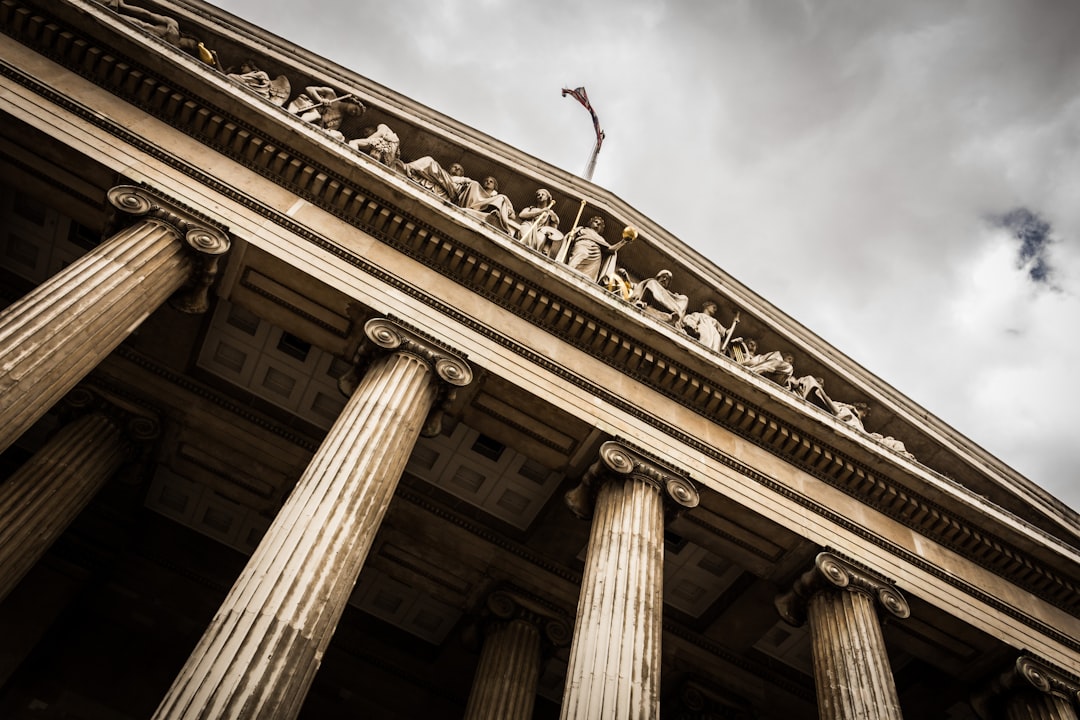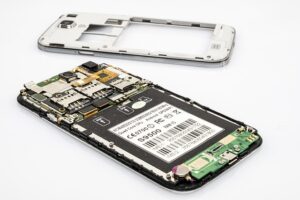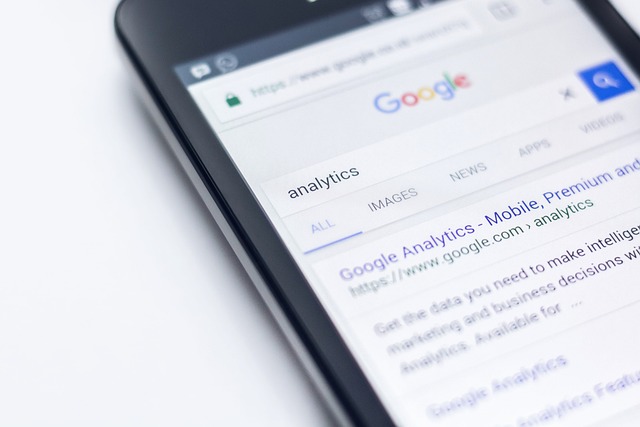Autodialers, used in telemarketing for sales and service updates, are regulated in New York City to prevent harassment. Businesses must navigate strict regulations, often held with misconceptions, regarding consent, call frequency, and privacy. Hiring a lawyer specializing in New York's autodialer regulations is crucial to avoid fines and reputational damage, ensuring ethical use of autodialers while respecting consumer privacy.
“In the fast-paced world of business, autodialers have emerged as a powerful tool for communication. However, surrounding this technology are numerous misconceptions, especially in the legal realm of New York City. This article aims to clarify the misunderstandings about autodialers and their legality, offering insights from industry experts. If you’re seeking guidance on using autodialers or need a lawyer for autodialer-related issues in NYC, understanding these nuances is crucial. We’ll navigate the legal landscape together, ensuring compliance and peace of mind.”
Understanding Autodialers: The Technology and Its Purposes
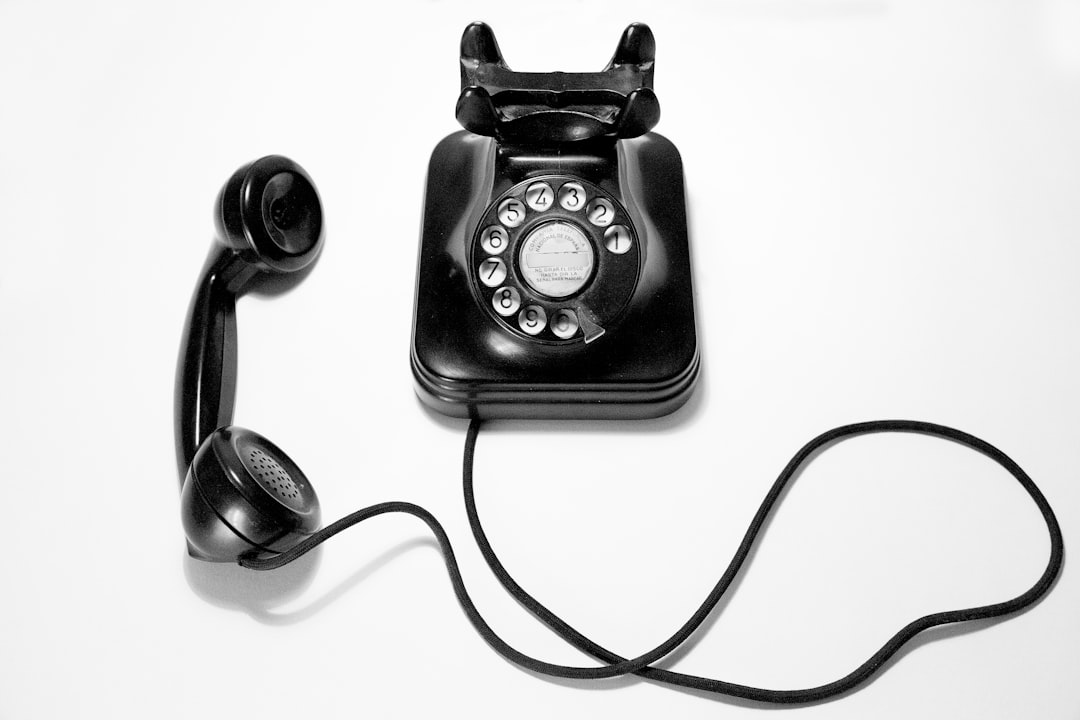
Autodialers, also known as automated telephone dialing systems (ATDS), are a common technology used in telemarketing and customer outreach. These systems automate the process of placing phone calls en masse, allowing businesses to efficiently reach potential customers or clients. While they may seem like a modern nuisance, autodialers serve various legitimate purposes. They enable companies to conduct sales campaigns, provide important service updates, or gather customer feedback, all while reducing manual labor costs and increasing call volumes.
In New York City, as in many jurisdictions, the use of autodialers is regulated to protect consumers from unwanted and harassing calls. A lawyer for autodialer in New York can help businesses understand and adhere to these regulations, ensuring their practices remain compliant. Common misconceptions surround autodialers, often focusing on their misuse for spamming or phishing attempts. However, when utilized responsibly, these technologies can enhance business-consumer interactions, foster communication, and drive sales without causing undue distress to recipients.
Legal Landscape: New York City's Regulations and Restrictions
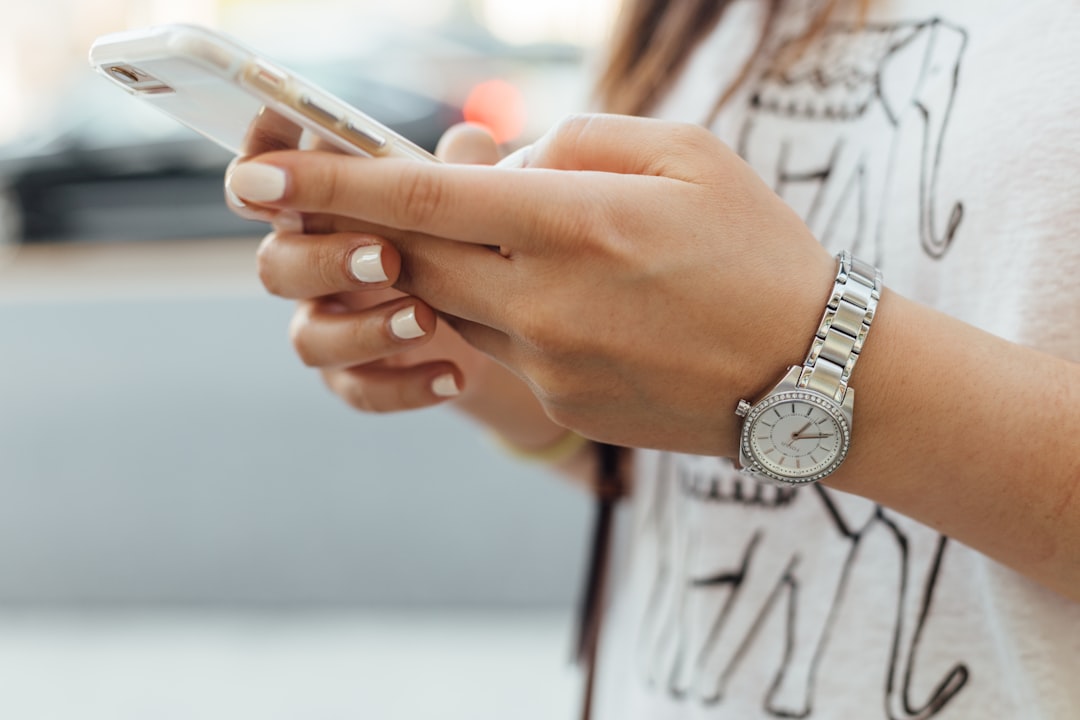
In New York City, the legal landscape surrounding autodialers is regulated to protect consumers from unwanted phone calls. The city’s regulations, enforced by the New York State Attorney General and local regulatory bodies, strictly govern the use of automated dialing systems. Businesses operating within NYC must adhere to strict guidelines regarding consent, call frequency, and consumer privacy. A lawyer for autodialer in New York can help ensure compliance with these intricate rules, which vary from state to state.
For instance, businesses are required to obtain explicit written consent before initiating automatic phone calls, often through opt-in forms or text messages. Additionally, there are restrictions on the number of calls made per day and hour, ensuring consumers aren’t overwhelmed by relentless marketing attempts. Non-compliance can lead to significant legal repercussions, including fines and damage to a company’s reputation. As such, engaging the services of a knowledgeable lawyer for autodialer in New York is crucial to navigating this complex legal terrain.
Debunking Common Misconceptions: What You Need to Know
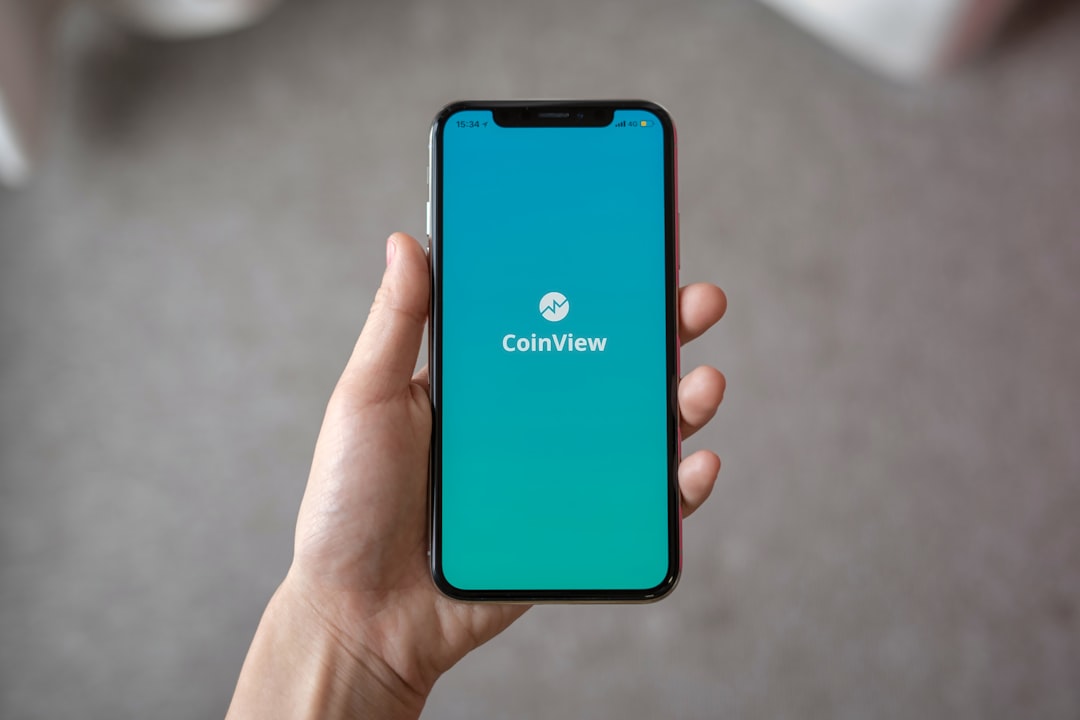
Many businesses operating in New York City, especially those relying on automated calling systems, hold misconceptions about the legalities surrounding autodialers. This often stems from a lack of understanding or misinterpretations of consumer protection laws. One of the most pervasive myths is that using an autodialer to make calls without prior consent is always illegal. However, this isn’t entirely accurate; while it’s true that telemarketing laws restrict unsolicited calls, there are exceptions and legal use cases for autodialers when used responsibly.
Hiring a lawyer specializing in autodialer regulations in NYC can provide much-needed clarity. These legal experts can guide businesses on obtaining the necessary permissions, ensuring compliance with the Telephone Consumer Protection Act (TCPA) and similar state laws. By debunking these myths, companies can avoid costly legal pitfalls and harness the power of autodialers ethically, enhancing their marketing efforts while respecting consumer privacy.
